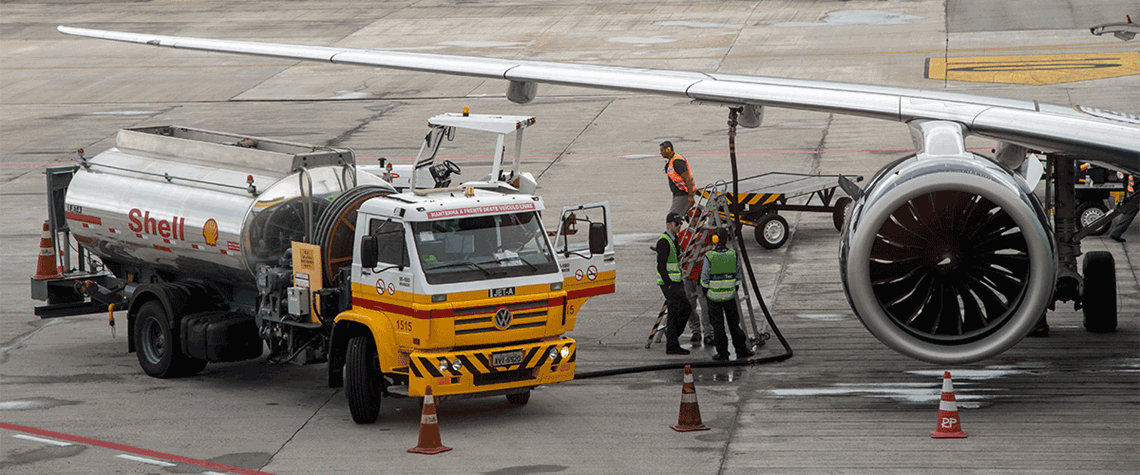Shell sees DAC potential for synthetic fuels production
Direct air capture could be significant provider of CO₂ feedstock, oil major says in climate-focused future energy scenario
Direct air capture (DAC) technology could play a significant role in the production of synthetic fuels for aviation and other applications by 2050, as well as channelling billions of tons of CO₂ into permanent storage, Shell says in a future energy scenario published this week. Shell raises the prospect of a “dual role” for DAC in its Sky 2050 scenario, where long-term climate security is the primary driver of global policy and investment, and specific emissions targets bring the global average surface temperature rise down to 1.2°C by 2100. An alternative ‘Archipelagos’ scenario, where concerns over energy security become entrenched worldwide and long-term sentiment shifts away from emissio

Also in this section
22 July 2025
Sinopec hosts launch of global sharing platform as Beijing looks to draw on international investors and expertise
22 July 2025
Africa’s most populous nation puts cap-and-trade and voluntary markets at the centre of its emerging strategy to achieve net zero by 2060
17 July 2025
Oil and gas companies will face penalties if they fail to reach the EU’s binding CO₂ injection targets for 2030, but they could also risk building underused and unprofitable CCS infrastructure
9 July 2025
Latin American country plans a cap-and-trade system and supports the scale-up of CCS as it prepares to host COP30








